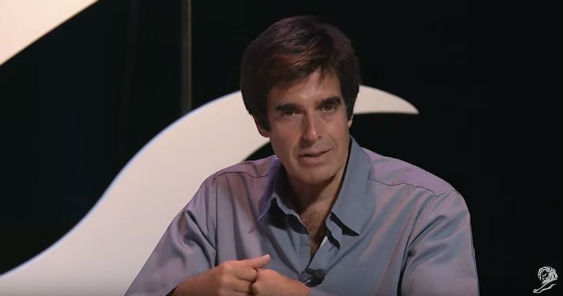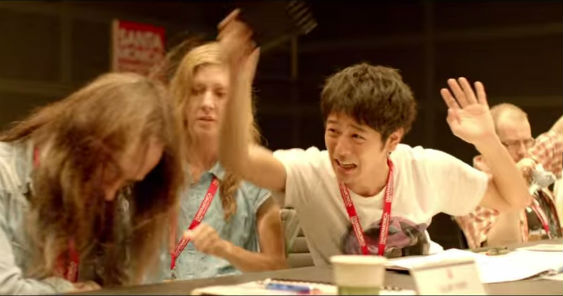MANILA, OCTOBER 22, 2012 – "We all like to think that the Philippines is just a place, but have you ever thought that the Republic of the Philippines is an idea? It was an idea, and it still is an idea."
Participants took a walk through Philippine history with writer/journalist Norman Sison on a discussion about the controversial Cybercrime Prevention Act at the Lopez Memorial Museum in Pasig, on Saturday, October 20.
The first lecture of "Liberty and Libel" took them back to the days of our national hero Jose Rizal and his contemporaries, as they struggled to fight for the country’s freedom through pen and paper.
"There was a time when something you wrote can get you in trouble with the authorities. What did they want back then? Why did the Philippine revolution even happen?"
"For education and liberty – that soil and that sun of mankind", Sison quoted Rizal.
He educated on the first case of libel in the Philippines, which was recorded in 1908.
Dean Conant Worcester, an American official in the Philippines during the first republic, sued the newspaper El Renacimiento for an editorial written by Fidel Reyes entitled "Birds of Prey" ("Aves de Rapina"). Although the piece did not mention any names, Worcester felt alluded to and filed a case against the editor and publisher, Teodoro Kalaw and Martin Ocampo. The lower court sentenced Kalaw and Ocampo with fines and six to twelve months’ imprisonment, but they did not spend a single day in jail because of General Harisson’s pardon.
The argument on Constitution
Atty Florin Hilbay, professor of law at the University of the Philippines, argues that the bane of the cyber law is the part deemed unconstitutional: the clause on libel.
"RA 10175 is 90% good, 7% bad, 3% unconstitutional. It’s just that the small portion of the law that is unconstitutional nullifies the entire statute."
While the law protects users’ identities from thieves and the casualties of cybersex, the clause on libel impedes the basic human right to freedom of expression.
"Our presence and our identity online has become a very important part of the way we construct ourselves. It has democratized the way we present the best of ourselves. Any activity that tend to undermine your freedom to construct yourself should be subject to government litigation."
On ‘citizen journalism’
Asked about bloggers who fancy themselves as "journalists", Atty Hilbay believes a certain level of credibility is needed – credibility determined by first, the readers and second, (to some extent), advertisement.
Sison refers to the The Journalist’s Code of Ethics.
"Why do we have those standards? The power of the printed word – or the spoken word – is so easy to malign and [to] destroy the reputation of people. And whenever you read a newspaper, or watch TV, you take it upon the faith that this guy who reported the story knew what he was doing and [that] what he was saying was true and accurate and fair."




